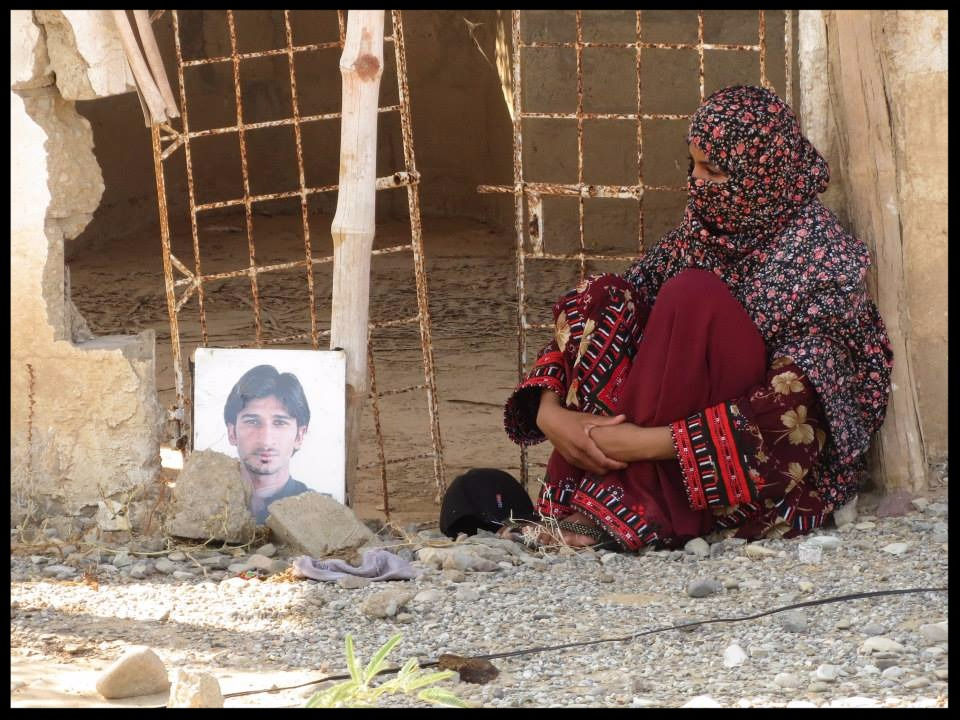Preparing Agents of Peace: Women, Peace and Security Online Course
- Fareeha Sultan, WRN Pakistan Country Coordinator
- Nov 13, 2017
- 3 min read

With training, exposure and mentorship young people can act as key actors in peacebuilding to be agents of positive change. According to the UN World Population Prospects Statistics, around 1.3 billion of world’s population is 15-24 years old. Of these, nearly one billion live in fragile countries affected by protracted conflict.
During instability and conflict, youth can be heroes, victims, or experiences as both. Gender plays an important role in how they experience conflict and insecurity. Young women may be victims of human trafficking, forced displacement, early marriage, and gender based violence. Consequently, they are often seen as mere victims in peace processes and sidelined by groups leading formal negotiations. Young men may be victims of forced conscription and unrecognized sexual violence, as well as perpetrators of human rights abuses and war crimes. While their gender may make a seat at the decision-making table more accessible, their age usually prohibits their participation.
Both young men and women are often seen as passive actors in post-conflict peace processes, rather than active participants. Despite their varied, complex, gendered experiences youth are frequently “othered” in discussions about conflict and consequently treated merely as a demographic cohort. To achieve sustainable peace, it is important to adopt a gender-sensitive counter narrative for youth as active partners in peacebuilding and conflict resolution efforts, and provide young men and women with the resources to take an active part in peacebuilding process. Unfortunately, efforts and resources are currently not focusing on this direction.
One area of WRN’s work is youth mentorship. Our strong belief in engaging and youth inspired us to launch an online course on Women, Peace and Security (WPS) in September 2017.
Although the course is not comprehensive, it provides critical information for understanding some ground realities governing WPS in South Asia and globally. Broadly the course touches on:
How to apply an analytical gender lens.
Women in governance, peace processes, security, peacekeeping, and the military.
Applying a gendered analysis to issues of forcible displacement, preventing/countering violent extremism; disarmament, demobilization, reintegration and reconciliation; justice and accountability, and virtual platforms and social media in movement building.
After a thorough selection process, 23 young students and professionals from India, Pakistan and Afghanistan were selected to participate. The 2017-18 cohort is a dynamic group of 20 young women and 3 young men engaged in amazing work as students, researchers, development practitioners, teachers, lawyers and women rights activists. They are working in the field to encourage women for participating in the peace process, exploring WPS from cultural and academic dimensions, studying gender and gender equity in relation to peace and conflict, and fighting legal battles to ensure that women’s rights are respected. All are inspiring their networks by their courage to fight for their rights and determination to defend the rights of women in their communities.
WRN believes that this is course is a breakthrough effort to alter the dominant negative narrative on young people in peace building. Through this course, WRN is highlighting the important contributions that young men and women are making regionally and giving them more tools on WPS to increase the impact of their work.
The course has just begun and there is a long way to go before culminating in May 2018. Already, course participants have been positively influenced. They have started exploring their potentials and abilities to fight extremism and offering viable solutions for preventing violence. WRN hopes that investing in these agents of peace will lead towards achieving sustainable peace in the region.
If you are interested in participating in the 2018-2019 WPS Online Course, stay tuned for the application announcement in Summer 2018.

































Comments